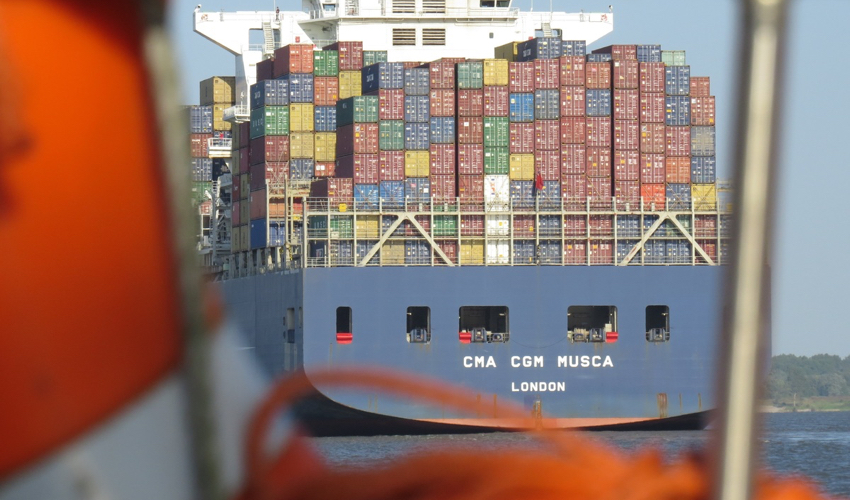Every sixty days there is a major container fire and 1582 containers are lost at sea every year. ‘It is time for all parties in the shipping chain to take their responsibility in mitigating these risks,’ said Annet Koster, Managing Director of the Royal Association of Netherlands Shipowners (KVNR), at the Project Cargo Summit.
66 per cent of major container fires are due to poor practice in the packing process and mis-declaration, Koster pointed out. This results in cost claims of 500 million US dollars each year.
In addition, according to the Cargo Incident Notification System (CINS), 25 per cent of all serious incidents on container ships are the result of mis-declared cargo. Between April and June this year, CINS recorded 22,556 booking incidents of which 13,810 concerned mis-declared cargo and 10,849 were deemed to be dangerous goods fraud by the shipper.
 Annet Koster, Managing Director of the KVNR (picture by KVNR).
Annet Koster, Managing Director of the KVNR (picture by KVNR).
Container Shipping Companies Try to Mitigate Risks
Koster stated container shipping companies are taking steps to mitigate these risks. As an example, she mentioned Maersk. This container shipping giant has introduced:
- guidelines on storage of dangerous goods; and
- risk-based dangerous goods storage, which means risk is shifted away from accommodation and engine rooms to another side of the ship.
Enforcing Existing Regulation
To tackle the risk of on board fires as well as the loss of containers at sea, emphasis should be on preventing its occurrence, stated Koster. This should be done by enforcing existing regulation. This may seem obvious, but there is room for improvement in this area, according to Koster.
Aligning Stacking Strength Regulations
However, when it comes to loss of containers at sea, it is also important to align stacking strength regulations between ISO standards (213,000 kg) and IMO’s Safe Container Convention (192,000 kg). This discrepancy has been identified as a contributing factor in container stack collapses as the outside of a container does not tell which strength regulation applies to it. According to Koster, the KVNR seeks to increase awareness of this discrepancy and supports efforts directed at IMO to solve it.
At the same time, the KVNR supports an international mandatory reporting system for containers lost at sea to be developed by the IMO.
Taking Responsibility
Yet, shipping companies rely on the information supplied by other parties in the logistics chain. ‘Therefore, it is paramount that all parties have a realistic perception of responsibility throughout the chain,’ said Koster. Still, this may be more easily said than done. Although raising awareness and education may improve the situation to some extent, other companies may need to be forced to take their responsibility. This may require regulations to be more strictly enforced or even new regulations altogether, making other parties in the supply chain liable in case of incidents as well.








